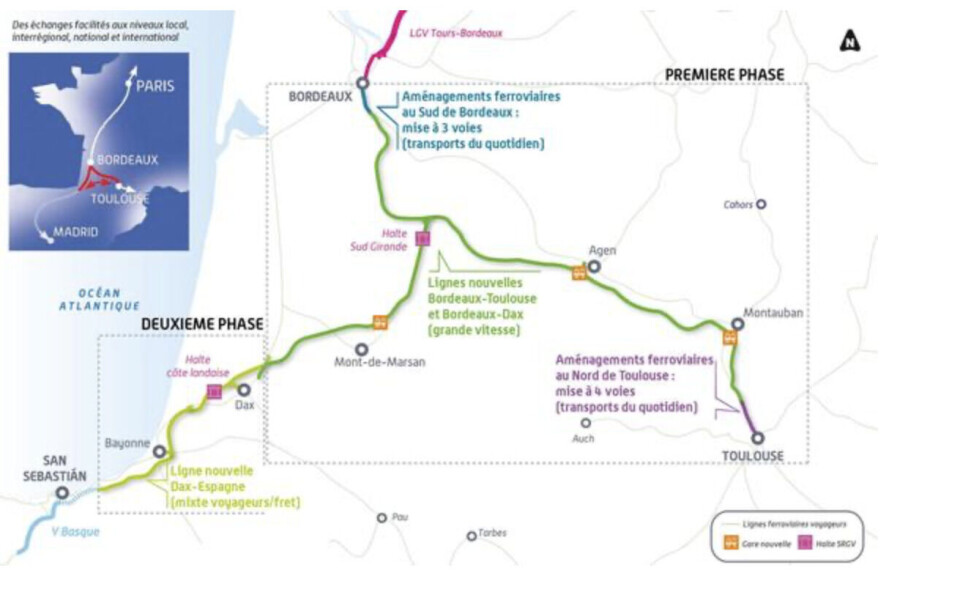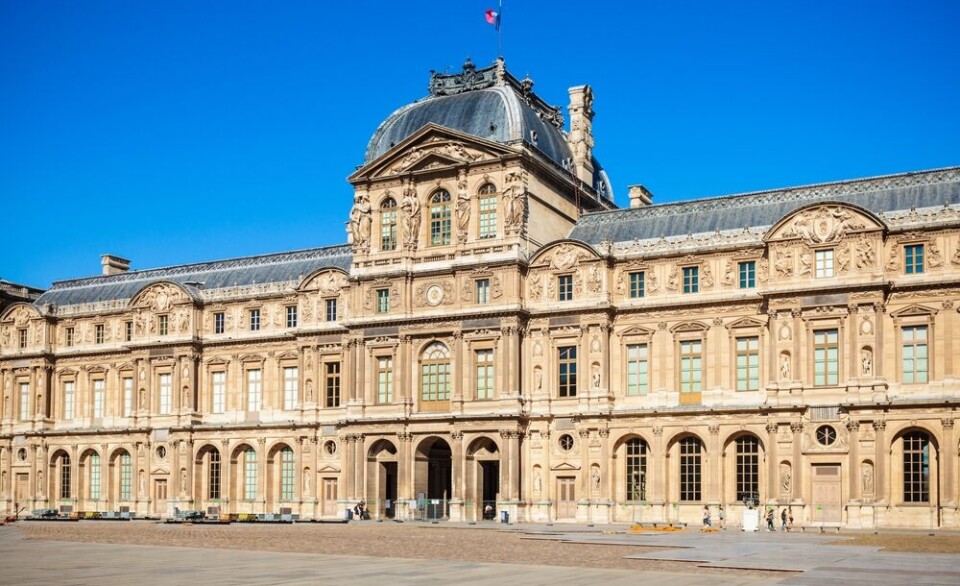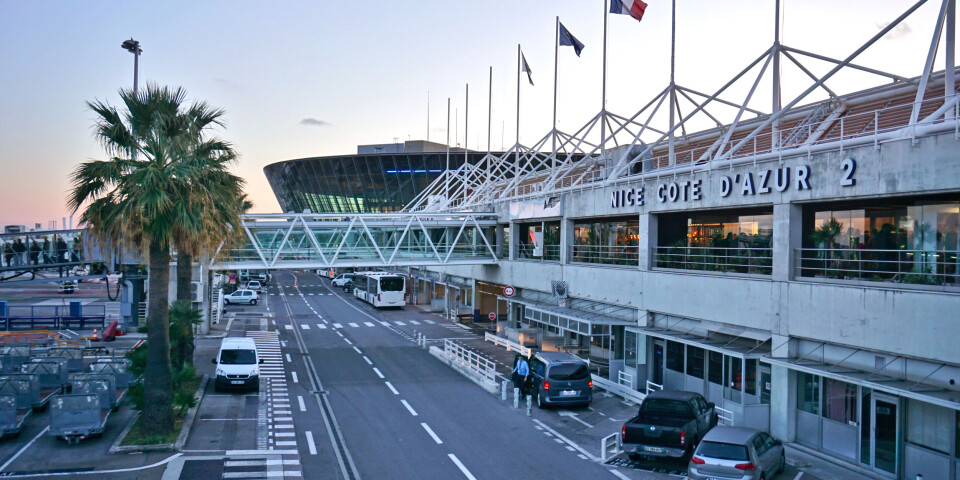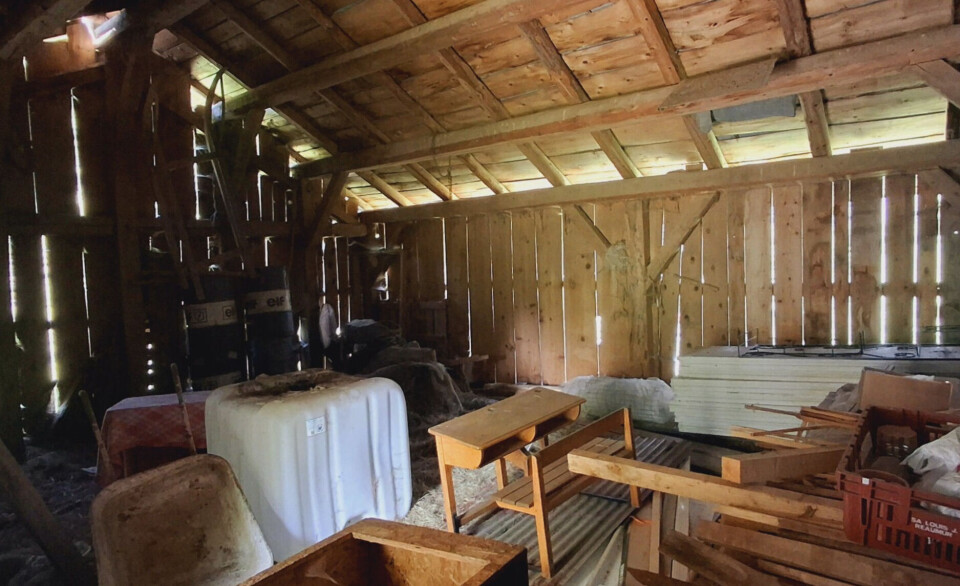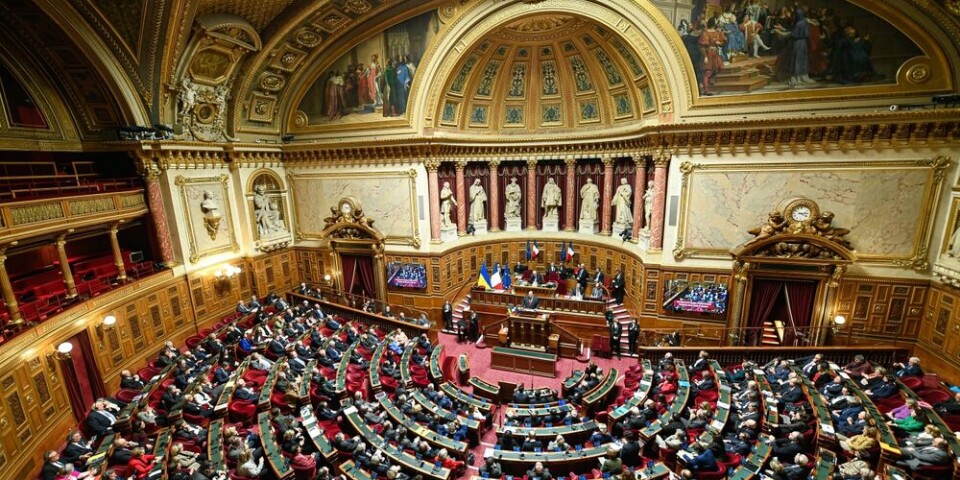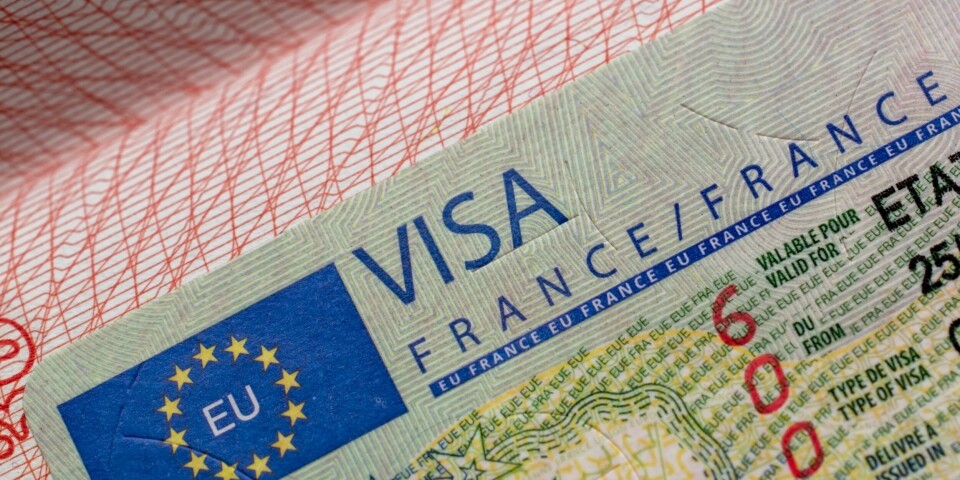Macron consults former French presidents and two key politicians in search for new PM
Former prime minister Bernard Cazeneuve is also scheduled for a meeting, and is on ‘shortlist’ of candidates
Could previous prime minister Bernard Cazeneuve or right-wing politician Xavier Bertrand take up the role?
photocosmos1 / Obatala-photography / Shutterstock
French President Emmanuel Macron is beginning a new week of meetings with politicians of different political views as the search for a prime minister continues.
He will begin with consultations from his two predecessors – François Hollande and Nicolas Sarkozy – this morning (September 2).
Meetings are also scheduled today with Bernard Cazeneuve, a previous prime minister under socialist president Mr Hollande, and Xavier Bertrand, of the right-wing group (formerly Les Républicains), with both potentially being considered for the role.
A source close to Mr Cazeneuve is quoted in FranceInfo as saying that the former prime minister did not see the meeting as a formal interview, as Mr Macron did not frame it this way, but that he would attend “out of duty.”
Mr Cazeneuve is “a responsible man of the left who would take into account the political and economic reality of the country… he will seek to ensure that the conditions for normal institutional functioning are met,” the unnamed source added.
“Obviously [Mr Cazeneuve] is part of the shortlist of profiles that are capable of bringing people together beyond his camp,” said Yaël Braun-Pivet, President of the National Assembly, in an interview with national media FranceInter.
Mr Cazeneuve was a longstanding member of the Socialist party, but left in 2022 when the group decided to ally with the far-left party La France Insoumise in that year’s legislative elections.
Read more: LIST: Where in France are protests against Macron planned for September 7
Will a PM be appointed this week?
The president is looking to appoint a prime minister nearly two months after July’s legislative election results, but is walking a political tightrope between factions in the Assemblée nationale.
Last week, he formally dismissed the candidacy of Lucie Castets, put forward by the left-wing Nouveau Front Populaire (NFP) alliance, who won the most seats in July’s votes.
Read more: President Macron rejects left-wing coalition's nomination for French PM
The presidential camp said she would not be nominated as other parties in parliament have made it clear they would table a motion of no confidence against her, leaving her immediately deposed and unable to govern.
In turn, members of La France Insoumise, a far-left group and the largest party in the NFP have said they would file an immediate motion of no confidence against any prime ministerial appointment that is not Ms Castets.
This includes Mr Cazeneuve, whose name has been floated as an option, hopeful that as a former Socialist prime minister, he could convince MPs in the NFP who belong to the Socialist party – and potentially the Greens – to abandon the left-wing alliance and join a broad ‘republican’ coalition.
This necessity to bring people from outside of Macron’s centrist party – which finished the elections in second place – is required to help prop up the number of MPs that would pass bills put forward by the government.
As a reminder, an absolute majority in the Assemblée nationale would be 289 seats of 577, which the centrists are far short of, having only 166 right now.
A potential prime minister would ideally be able to bring together MPs from the centre-left to the right, excluding the ‘extreme’ factions on either wing, but it seems such a candidate is unlikely to be found.
Alternative choices would be a technocratic government, or the hopes of a confidence and supply arrangement, where no official coalition is announced but MPs vote in favour of certain bills from a minority government they agree with.
Read more: New French government: five possible scenarios after Macron rejects PM choice
Ms Braun-Pivet added in her interview that although the Assemblée nationale is scheduled to begin its ordinary sessions for the upcoming term in October, a special session will be made if a prime minister is appointed prior to this.
This extraordinary session would allow the prime minister “to make a general policy statement,” but also allow members of parliament “to question the prime minister and ministers” and possibly “to table a motion of censure,” she said.












